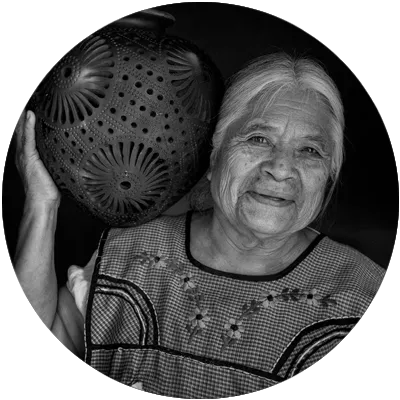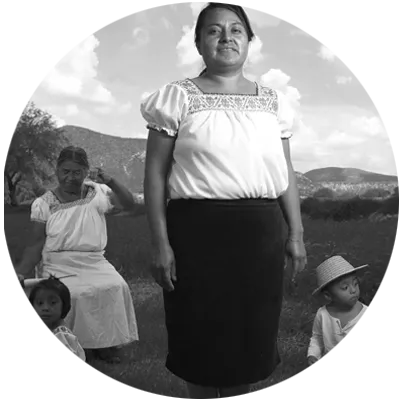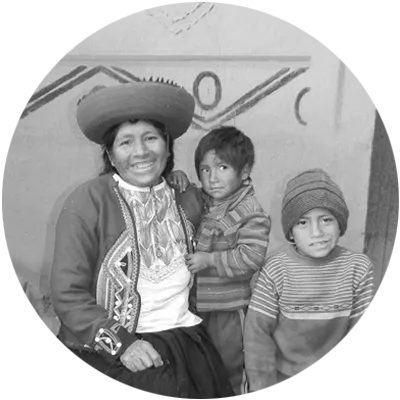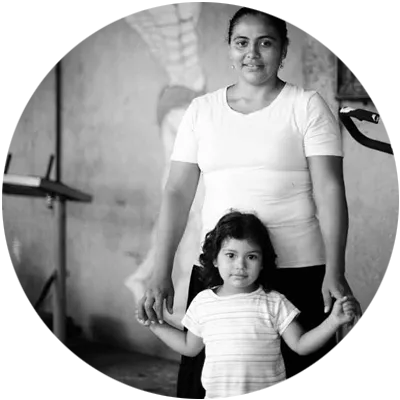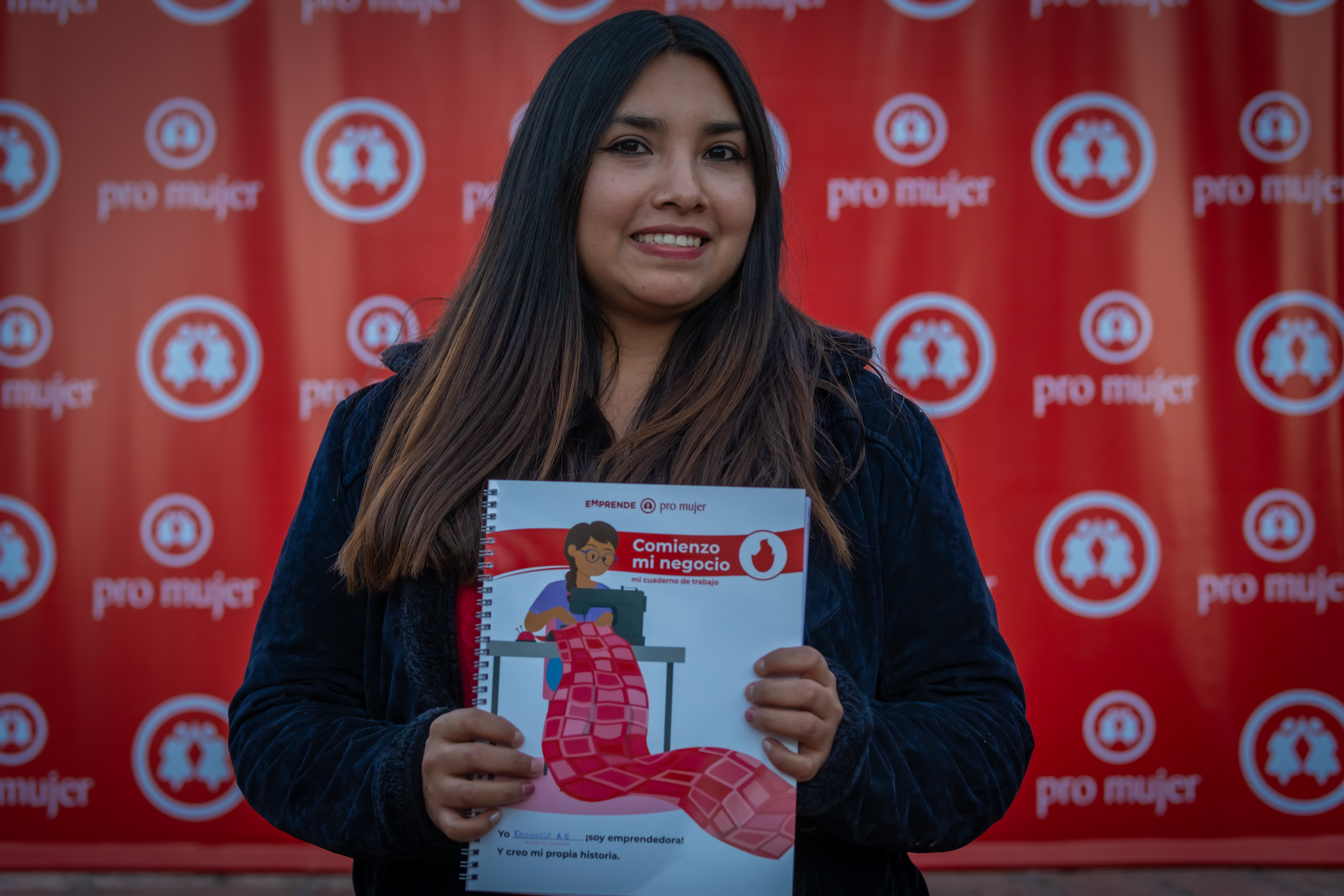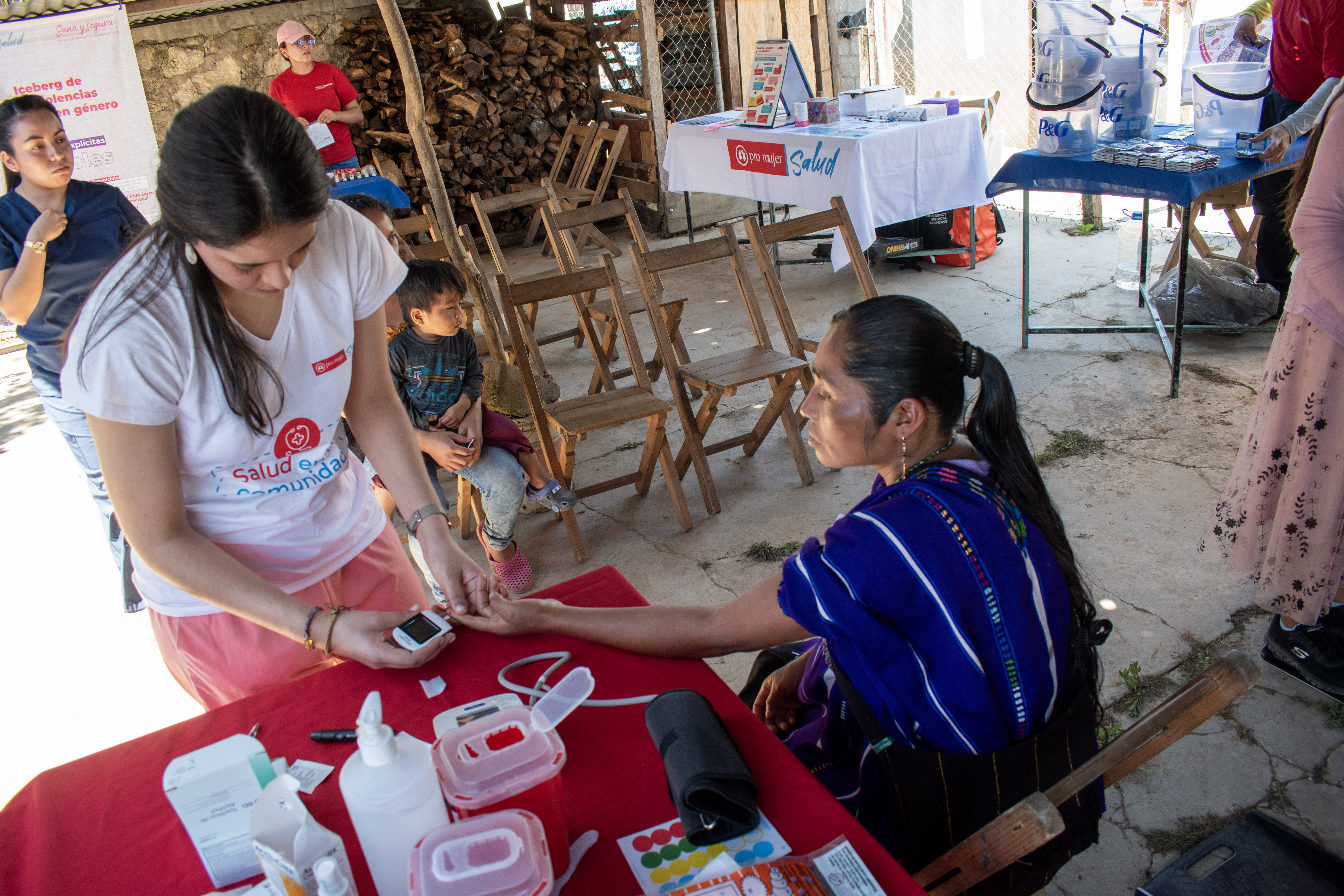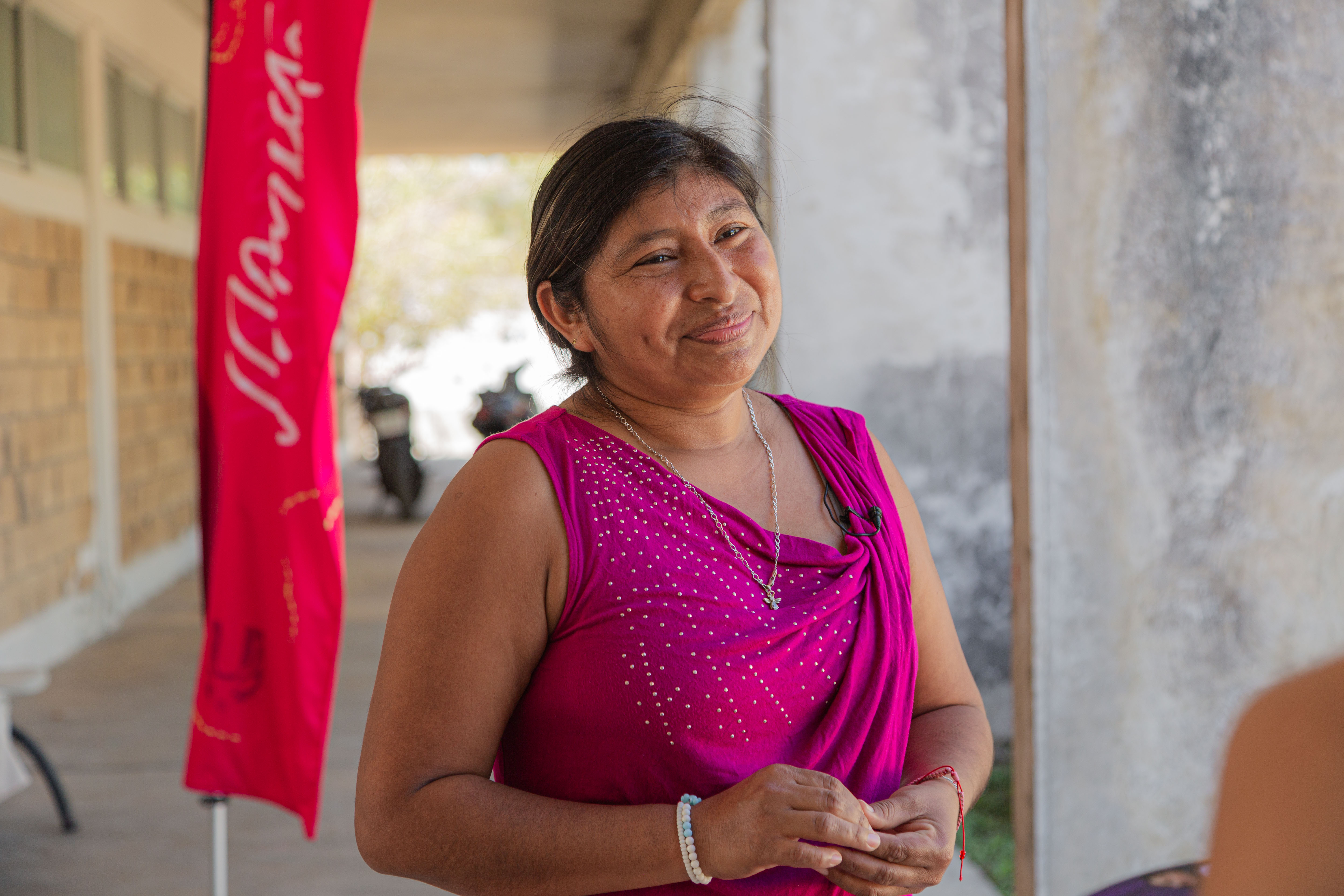Pro Mujer, a social enterprise with more than 35 years of experience in Latin America, has joined the Gender Parity Accelerator (IPG) and Purple Economy in Ecuador, a high-level public-private collaboration supported by the World Economic Forum, the Inter-American Development Bank, and the French Development Agency, that seeks to reduce economic gender gaps in the country by increasing women’s participation in the labor market, reducing the wage gap, and promoting women’s leadership in strategic sectors, among other goals.
In Ecuador, less than half of women are employed, and of those that are, 77% are employed in the informal sector (ENEMDU). This limits women’s economic opportunities and restricts their access to better working conditions. Closing these gaps is critical to ensuring greater opportunities and represents an opportunity to strengthen the country’s economic development. Labor statistics in Ecuador reveal a significant gender disparity in the labor market, affecting women’s economic opportunities and limiting their access to more favorable conditions:
Gross employment rate: In March 2024, the gross employment rate for women was 50.4%, compared to 74.8% for men—a gap of 24.4 percentage points. (Ecuador en Cifras)
Adequate/full employment: During the same period, the proper employment rate for women stood at 28.7%, versus 38.5% for men, revealing a difference of 9.8 percentage points.
As part of the initiative, Pro Mujer’s Gender Knowledge Lab (GKL) will develop strategies and technical assistance to support companies and organizations as they mainstream a gender perspective in their operations. The initiative will focus on:
- Collecting and analyzing data to design effective strategies to reduce economic gender gaps.
- Increasing women’s participation in the labor force and leadership positions.
- Promoting self-assessment tools to encourage more companies to evaluate their practices and take steps to improve their equal opportunity indicators.
- Providing technical guidance and support to partner companies and organizations to develop evidence-based strategies that boost women’s economic participation.
“This collaboration represents a strategic opportunity to strengthen our policy design to transform the business and financial sectors and generate a real impact on women’s lives,” said Carmen Correa, CEO of Pro Mujer.
The GKL has worked with clients in more than 18 countries in Latin America and impacted more than 7,200 people through tailored guidance, technical assistance, and workshops, helping companies and organizations mainstream a gender perspective into their services, processes, and strategic decision-making.
“This partnership is a key step in accelerating the closure of gender economic gaps in Ecuador. At the Technical Secretariat of the Gender Parity Initiative and Purple Economy, we strongly believe that uniting efforts across the public and private sectors and civil society is essential to transform women’s labor and economic conditions in the country,” said Ana María Pesantes, Technical Secretary of the Gender Parity Initiative and Purple Economy in Ecuador.
This partnership highlights the power of cross-sector collaboration to reduce economic gender gaps. By collaborating with the public, private, and civil society sectors, Pro Mujer and IPG Ecuador seek to generate sustainable change that strengthens women’s economic participation and contributes to the country’s sustainable development.
About Pro Mujer
Pro Mujer is a non-profit social enterprise that has provided services and tools to women in Latin America for over 35 years so they can reach their full potential, improve their living conditions, and become agents of change in their communities.
Using a holistic and integrated model, Pro Mujer seeks to expand women’s access of women to health services, increase their financial inclusion, and provide them with training opportunities.
Pro Mujer is a pioneer in the region in promoting and raising awareness about gender lens investing as an effective mechanism to close gender gaps and boost productivity.
More information is available at www.promujer.org.





